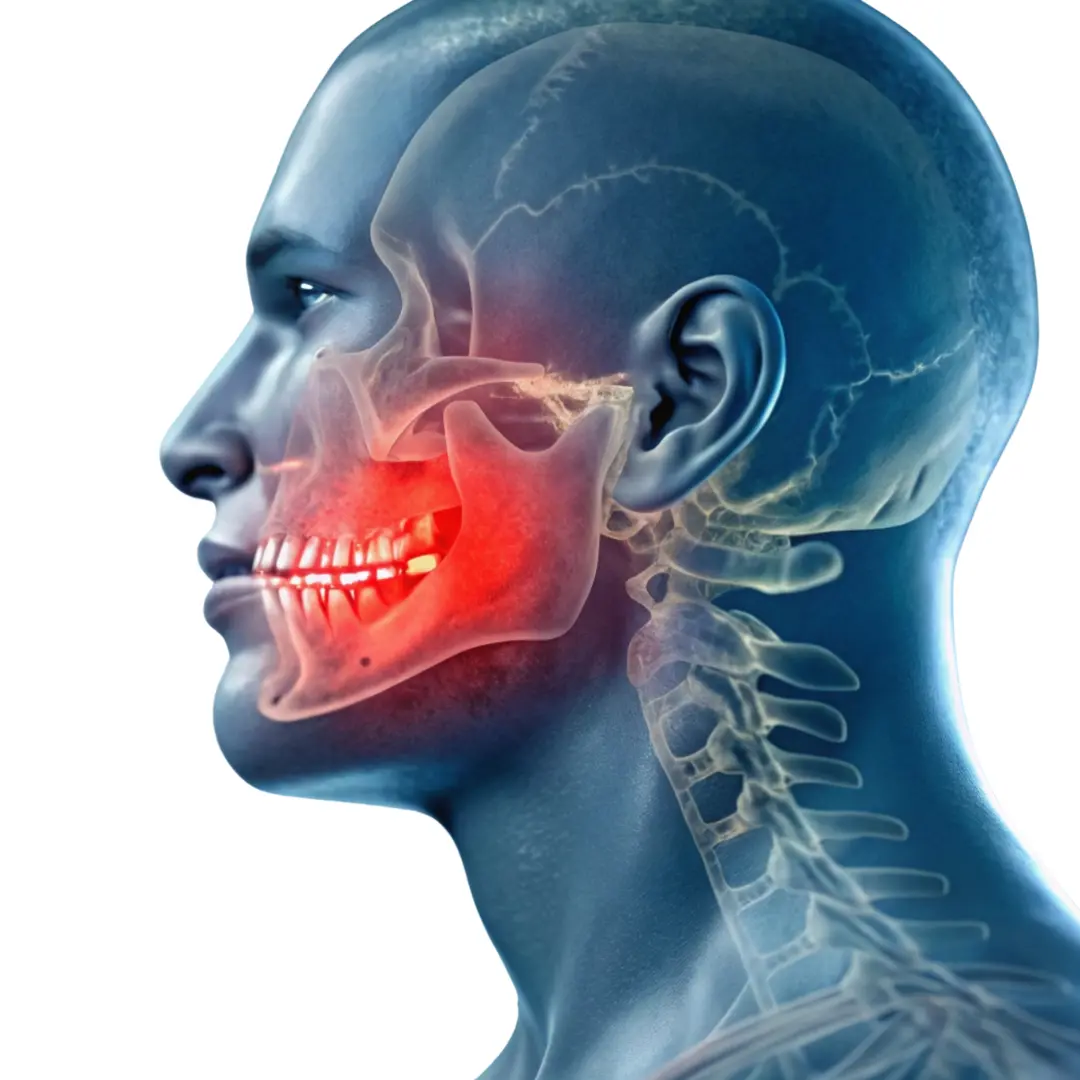At Cochran Orthodontics, we know that jaw function plays a vital role in your comfort, oral health, and overall well-being. Many patients visit us looking for clarity on TMJ vs Normal Jaw function—why some people experience clicking, stiffness, or soreness while others enjoy effortless, smooth jaw movement. Understanding these differences helps you recognize early signs of jaw imbalance and take steps toward long-lasting relief.

The temporomandibular joint (TMJ) is a small yet incredibly powerful joint connecting your lower jaw to your skull. It allows essential daily actions such as chewing, talking, and yawning. When the joint operates correctly, these movements feel natural and pain-free.
However, when the TMJ becomes inflamed, strained, or misaligned, it can lead to TMJ disorder. This is where the comparison of TMJ vs Normal Jaw becomes important. A normal jaw works in harmony—its muscles, ligaments, cartilage, and joint surfaces distribute pressure evenly. When TMJ dysfunction is present, that harmony breaks down, causing discomfort and limited mobility.
A normal jaw functions quietly and efficiently, without pain, popping noises, or tension. The cushioning disc inside the joint stays in its proper position, allowing the jaw to glide smoothly.
A jaw affected by TMJ disorder may show:
Clicking or popping when opening or closing
Pain around the ears, temples, or jaw
Limited or uneven jaw movement
Locking sensations
Headaches or facial soreness
When evaluating TMJ vs Normal Jaw function, the biggest difference is how the joint distributes force. A healthy jaw absorbs pressure evenly, while a TMJ-affected jaw places too much stress on certain areas, causing inflammation and muscle fatigue.
TMJ disorders can develop for many reasons, including:
Teeth grinding or clenching (bruxism) – constant pressure strains the joint
Bite misalignment – uneven bite forces cause muscle overcompensation
Stress-related tension – jaw tightening during sleep or daily stress
Previous injury or trauma – even minor impacts can misalign the jaw
Arthritis – joint wear, inflammation, or cartilage deterioration
Understanding TMJ vs Normal Jaw also means recognizing how these factors disrupt balance and cause long-term strain.
If you’re unsure whether your symptoms stem from TMJ imbalance or normal variation in jaw movement, pay attention to these early warning signs:
Jaw stiffness, especially in the morning
Pain while eating, speaking, or yawning
Grinding sounds when chewing
Jaw shifting to one side
Unexplained neck pain or headaches
Identifying issues early makes it easier to restore normal jaw function and prevent additional wear or damage.
At Cochran Orthodontics, we take a thorough and technology-driven approach to diagnosing TMJ issues. Our specialists evaluate your bite alignment, jaw mobility, muscle tension, and joint function to accurately compare your TMJ vs Normal Jaw movement.
We use advanced imaging, digital bite analysis, and a complete clinical evaluation to pinpoint the exact source of your discomfort. This allows us to customize treatment for lasting relief rather than temporary symptom management.
Every TMJ case is different, and your treatment plan should be just as unique. Depending on your needs, we may recommend:
Custom night guards or splints for clenching and grinding
Orthodontic adjustments to realign the bite
Physical therapy or guided exercises to strengthen jaw muscles
Stress-reduction techniques to minimize unconscious tension
Restorative treatment for structural joint problems
Our goal is to restore natural, comfortable jaw movement and help you transition from painful TMJ symptoms back to clear, effortless function.
Once your bite and joint are properly balanced, you’ll likely notice easier chewing, fewer headaches, less facial tension, and improved overall comfort. Understanding TMJ vs Normal Jaw function empowers you to recognize symptoms early and seek treatment before the condition worsens.
At Cochran Orthodontics, we focus on long-term solutions and patient education to ensure your jaw remains strong, stable, and pain-free.
Comprehensive TMJ diagnostics
Customized treatment plans tailored to your lifestyle
Experienced orthodontic specialists
Patient-centered care focused on comfort and clarity
We don’t just treat symptoms—we help restore natural jaw harmony for a confident, pain-free smile.
If you’re concerned about TMJ vs Normal Jaw function or are experiencing discomfort, Cochran Orthodontics is here to help. Schedule your consultation today and take the first step toward a healthier, more comfortable jaw.